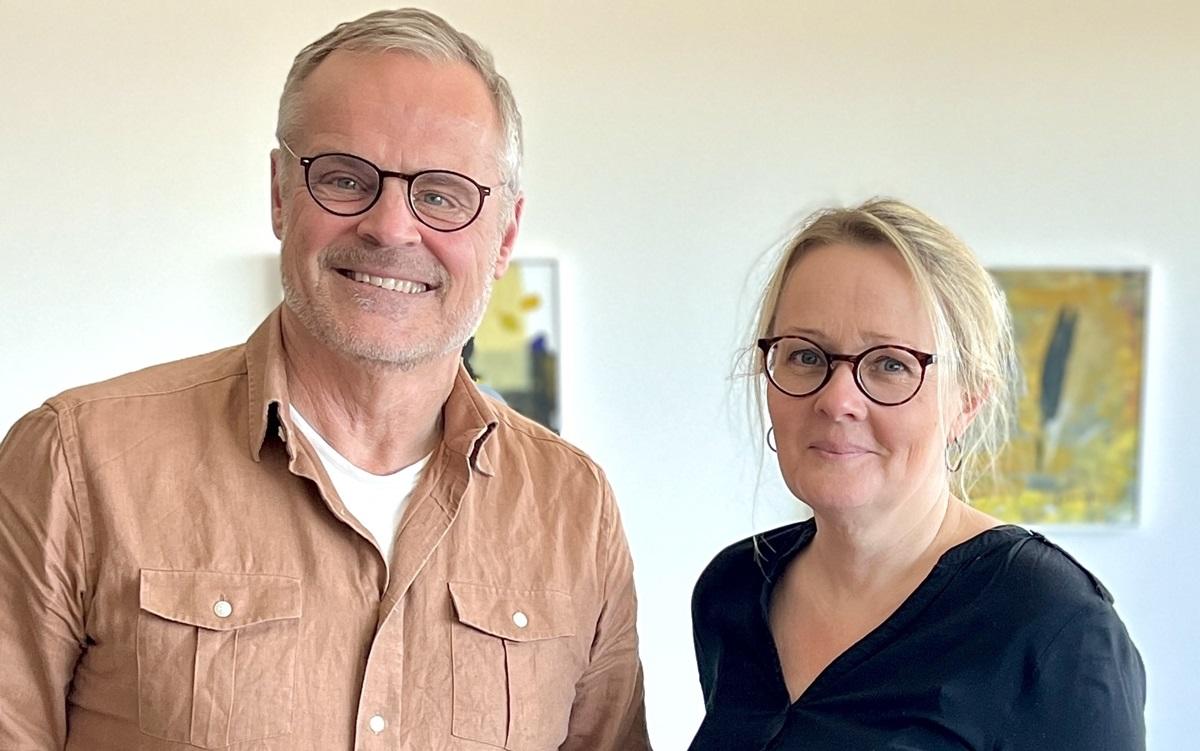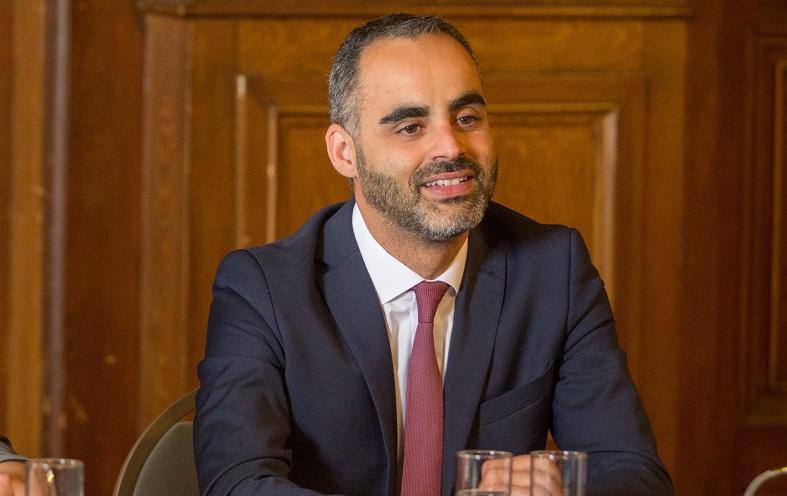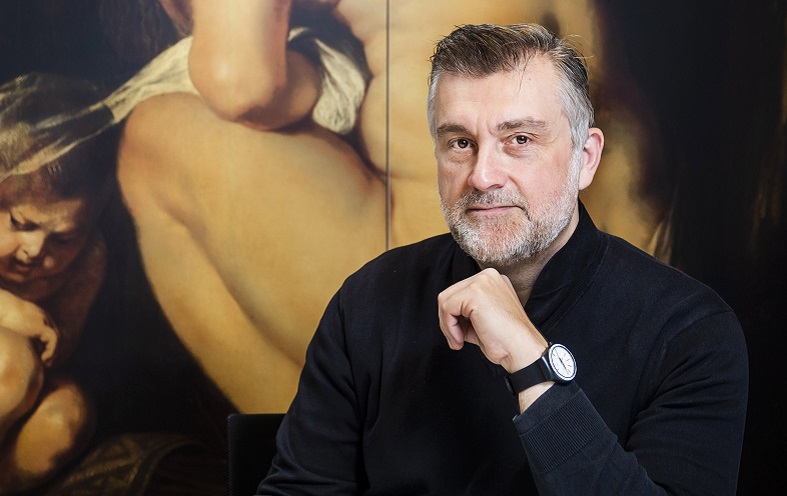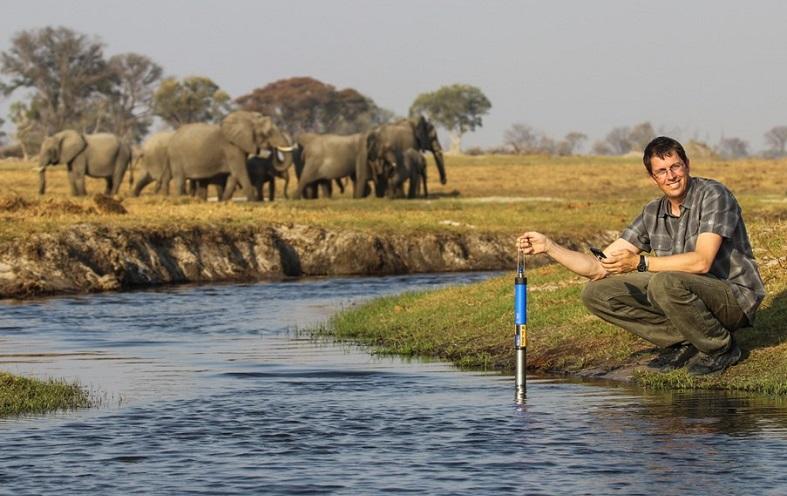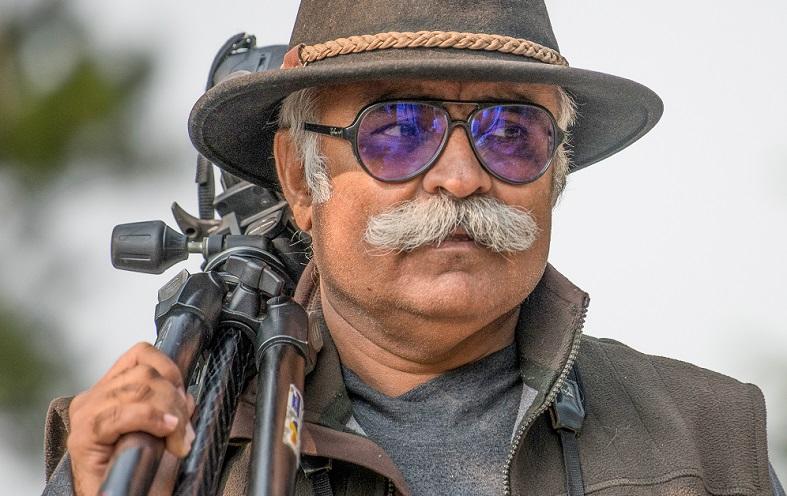
How can we generate economic benefit through conservation? How can we support communities in protected areas?
Carla Danelutti, Ecosystem Program Officer at IUCN and Executive Secretary of the MEET Network, in this interview introduces us to the IUCN Green List of Protected and Conserved Areas and shares how the initiative is supporting long-lasting conservation through guidelines and certification. Carla also highlights the importance of the Ecological Footprint calculator to holistically measure the impact of ecotourism packages – a necessary step towards making travel more climate-friendly.
Carla, why did you choose to dedicate your professional career to ecotourism?
I would say a mix of passion, coincidence, and a trip to Costa Rica. As a student, I was lucky to prepare my master thesis in Costa Rica, assessing carbon offsetting standards that were put in place in some forests of the country. I spent half a year there and besides advancing in my research, I appreciated first hand the benefits that ecotourism can bring to protected areas and local communities, as well as its important educational value.
Once back in Europe, I started working for the IUCN Centre for Mediterranean Cooperation. When given the opportunity to manage a small project for ecotourism development in Tunisia and Morocco, I took the chance, and here I am, ten years later.
What led you to your current roles as Executive Secretary of the MEET Network and Ecosystem Programme Officer at IUCN?
Probably my passion for the environment, together with some perseverance. Starting as an intern at the IUCN Mediterranean office, I was lucky enough to be in the right place at the right time. Supporting that small ecotourism project in Morocco and Tunisia paved the way for additional initiatives and projects to support ecotourism development in the broader Mediterranean basin.
With the support of great people, my team and I have been able to make the case for market-driven ecotourism in Mediterranean Protected Areas: tourism which supports conservation and local communities.
The MEET Network (MEET – Mediterranean Experience of Ecotourism) is an association of Protected Areas across the Mediterranean basin, formally established in 2018. Over the last five years, MEET has collaborated with several Mediterranean conservation organizations including the IUCN and WWF, the tourism industry, and public authorities, to establish a new model for Mediterranean ecotourism. It has now been tested by nearly 40 Mediterranean destinations.
Even though I have been focused on tourism, my work at IUCN is about conservation more generally, and in particular about protected area management. In this capacity, I also supported the development of the IUCN Green List standard for protected areas, and serve as a focal point for EU-Mediterranean countries.
How does the IUCN Green List help to promote sustainable tourism and support local communities in protected areas?
The IUCN Green List is a global standard for successful conservation in protected and conserved areas. It provides an international benchmark for quality that motivates improved performance and helps achieve conservation objectives. By committing to meet this global standard, site managers seek to demonstrate and maintain performance while delivering tangible results in nature conservation.
The Green List standard looks at various components of protected area management, organized in pillars such as governance of the area, its design, and effective management. All those need to come together for successful conservation outcomes.
The standard deals with tourism in several ways:
- Concerning governance and design, tourism impacts (positive and negative) are identified and the voices of stakeholders, such as local communities and tourism providers, are heard.
- Concerning management, the standard recognises the social and economic benefits of the area, its promotion, and maintenance. It specifically defines one criterion for visitor use and resources.
A protected area that is “green listed” will ensure that the type of tourism taking place in there is beneficial to conservation objectives, but also for local communities; fully aligned with the principles of ecotourism.
Considering the many carbon footprint calculators now available, what makes DestiMED’s Ecological Footprint Calculator different, or especially useful for destinations?
The Ecological Footprint calculator does not simply measure the carbon footprint but is an indicator and a resulting methodology developed by Global Footprint Network to measure the ecological assets required by a given population to produce the natural resources it consumes and to absorb its waste. It provides a broader assessment of real resource consumption, especially in terms of land use.
By applying the Ecological Footprint calculator, we were surprised that food accounted for a very high share of the footprint of our ecotourism itineraries in the Mediterranean.
The good news is that eating locally or regionally sourced food, offered through the typical Mediterranean diet with its abundance of vegetables and grains, its non-endangered fish-based products and non-intensive meat based-products, can reduce this impact.
Furthermore, the Global Footprint Network found that buying local and organic food improves each meal with a tasty footprint reduction of 5%. This might not seem like much, but can really add up over the course of a trip!
Our calculator helps the local ecotourism clusters of businesses and public authorities to understand and address the impact of their ecotourism products. It helps to ensure high quality and offers guidance in terms of which type of experience destinations want to offer.
From your experience with the MEET Network, what does it take for a protected area to become financially independent in a way which does not put at risk loss of its natural capital?
I do not think that protected areas should aim for financial independence. In my view, nature conservation is a duty of society, and governments should prioritize the protection of such areas and manage their use in the same way they protect their cultural or historic patrimony.
That said, protected areas can seize tourism as an opportunity, receiving visitors, and getting some financial gain out of it. More important, however, is the educational aspect: getting people to know nature – since the objective of the protected areas remains conservation.
With 21 countries sharing the Mediterranean coastline, how does DestiMED plan to integrate more protected areas under the MEET Network?
DestiMED and DestiMED PLUS are specifically targeting new areas and transferring the lessons learned. For that, DestiMED PLUS will develop online tools for measuring and improving the sustainability of ecotourism products and for building capacity among local ecotourism stakeholders.
The monitoring platform will enhance the Ecological Footprint calculator developed by DestiMED, incorporating socio-economic factors, governance, and conservation indicators. The training platform will provide content to develop, monitor, and promote ecotourism and sustainable coastal tourism development.
In addition, DestiMED PLUS is striving to improve policy coordination between tourism and conservation departments in each project partner region, through the joint creation and promotion of ecotourism itineraries in the Mediterranean protected areas. Building on what will be learned through this process, DestiMED PLUS will then establish a Mediterranean Ecotourism Consortium (MEC), open to all regions at the EU level, which will advocate for integrated ecotourism policies, incorporating conservation, sustainability, and economic perspectives.
Through training and more political integration, we hope that our model can be adopted by many other territories.
Have your views on tourism and sustainability changed over the years, and through your experience working with destinations?
Yes, indeed and not in good terms, I must admit. I wasn’t aware of the complexities of the tourism industry and of the levels of indirect impacts it causes. As a resident of a Mediterranean coastal city in Europe, I realized first hand the impact caused by tourism, from coastal development and urbanization, to overuse of water resources, to impacts more related to culture and society, such as the destruction of communities in city centers.
I feel that sustainability has for many years been related to energy efficiency and issues such as reducing CO2 of transport. Those are all very relevant and important, but there is so much more to address (and account for), including – as I am writing this in the midst of the COVID crisis – destination resilience.
Sustainability being at the core of IUCN and MEET, do you observe an increased interest in the topic in tourism, especially destination management?
Yes, I do. In terms of destination planning and community development, policymakers and citizens, in particular, are trying to find better alternatives for their destinations, to live in balance with tourism. I am not sure if private investors and businesses have the same perspective about this.
Where do you see opportunities to be seized in the Mediterranean right now, in terms of making destinations more sustainable and to encourage responsible travel?
As I am answering this question in the midst of the COVID-19 crisis, tourism is currently a “hot topic”, in particular the need to increase the number of tourists visiting the Mediterranean, as soon as possible.
I have the feeling that sustainability won’t be part of the tourism recovery discussion in the short term. This would be a mistake, as we now have the opportunity to re-think and reconsider our approach to tourism.
Now is a great time for favouring proximity and rural travel and for tourism boards to promote a different, perhaps more favourable image of their destination. Now is the time to come up with innovative ideas and strategies to stretch seasons and thereby avoid overcrowding. The coronavirus pandemic is also a unique opportunity for policymakers to reduce the number of flights to a destination and to do something about unregulated accommodations.
Thank you, Carla.
Connect with Carla Danelutti on LinkedIn.
Did you enjoy our interview with Carla Danelutti on how the IUCN promotes ecotourism and conservation for sustainable regional development in the Mediterranean? Thanks for sharing!

